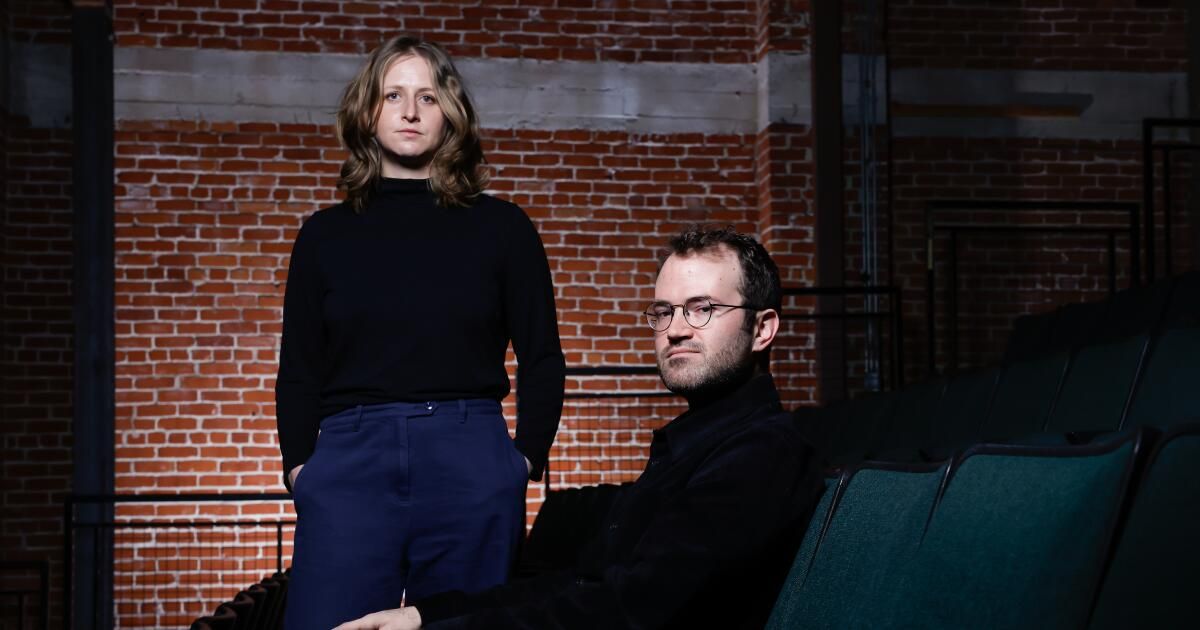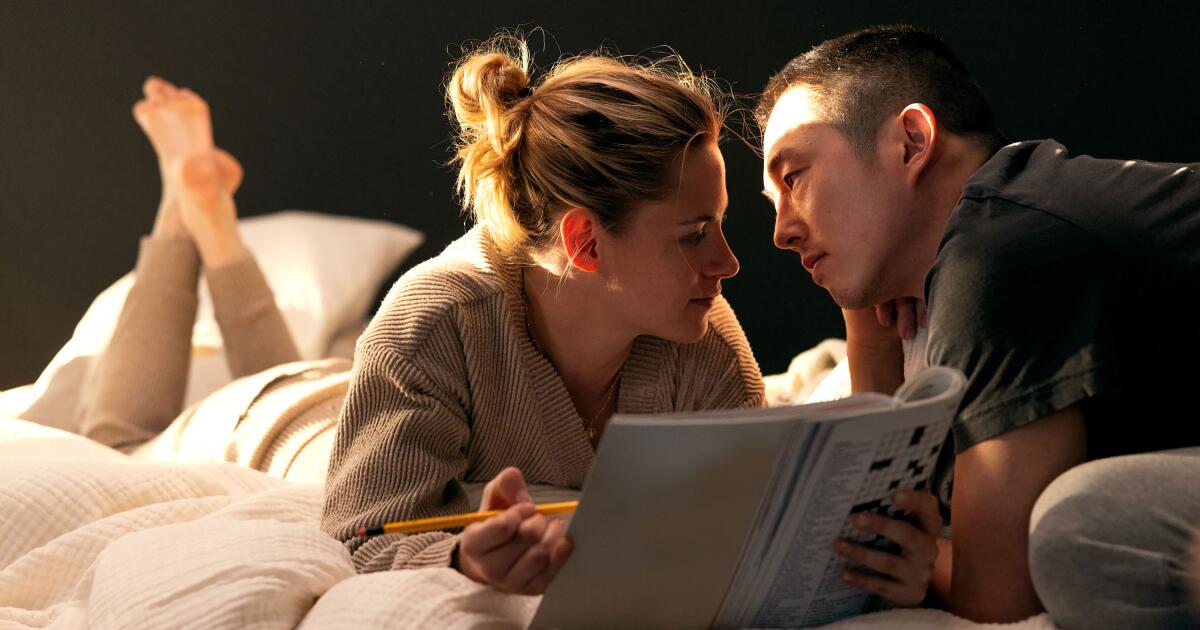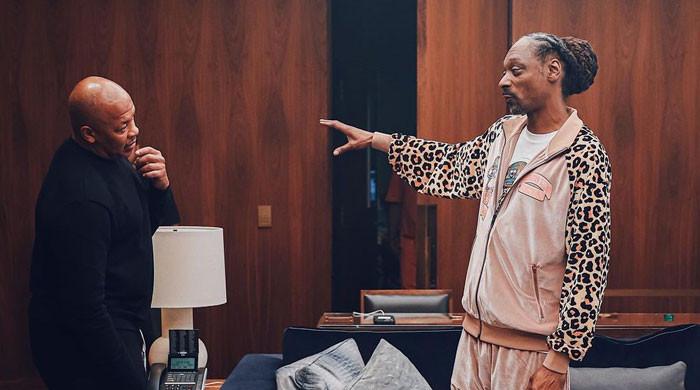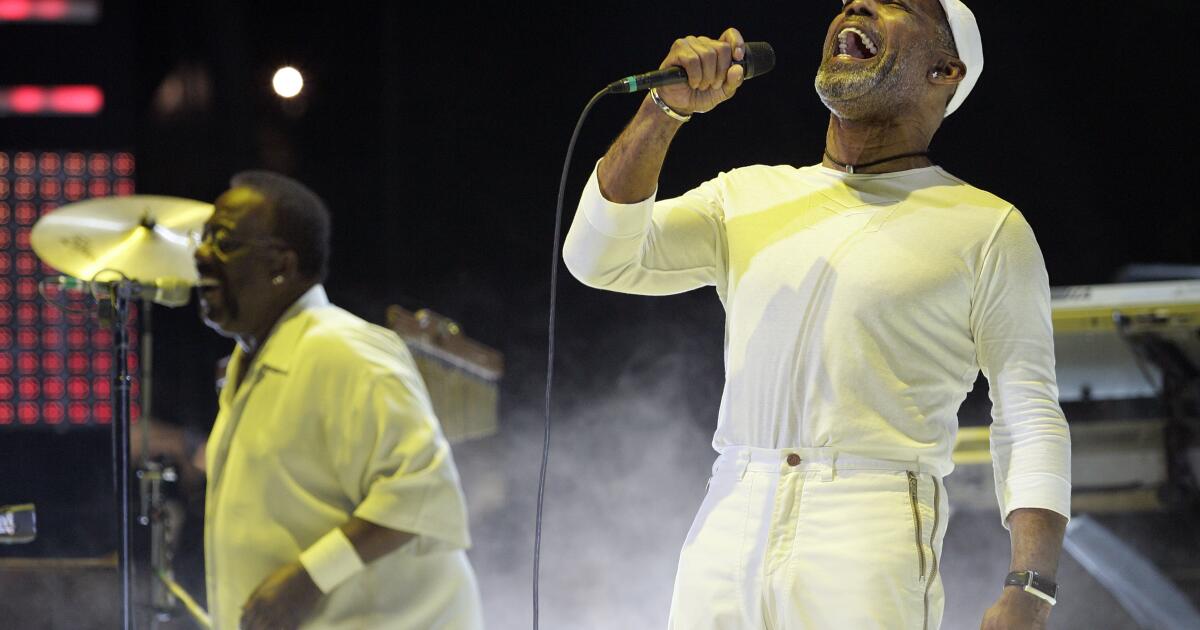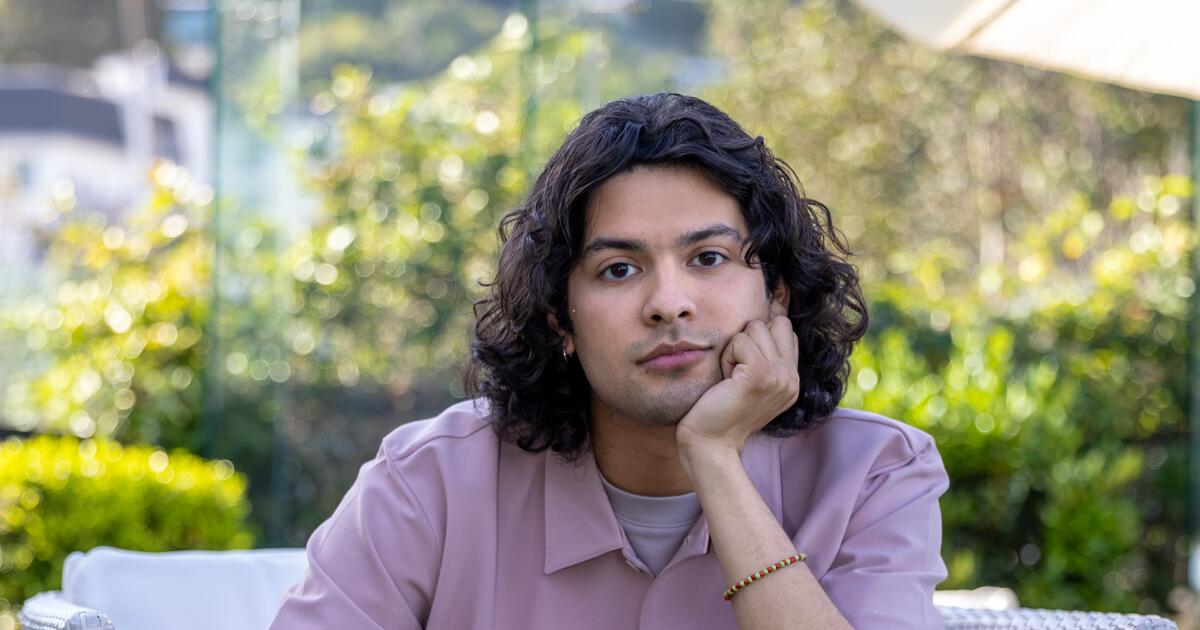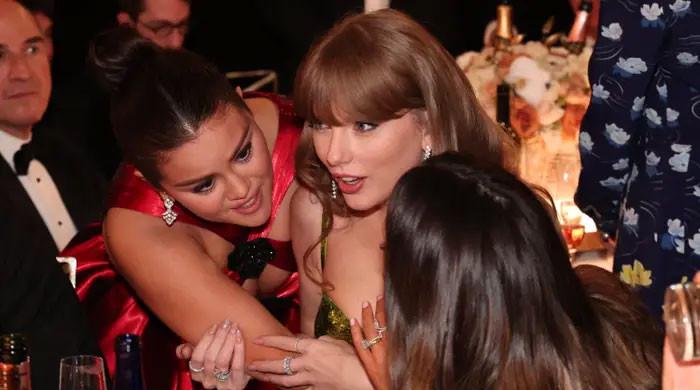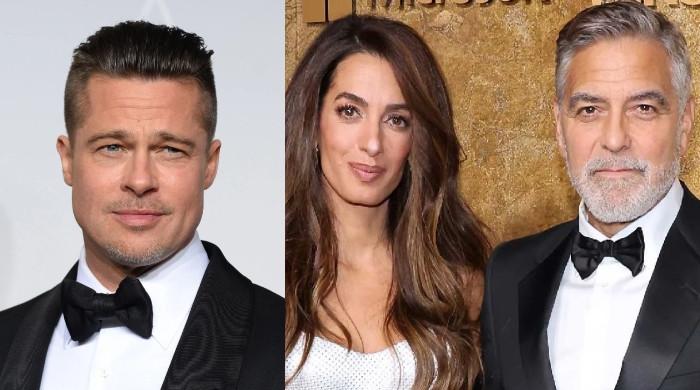Los Angeles has struggled in recent years to sustain a high-profile film festival, with the closure of the Los Angeles Film Festival, the collapse of Outfest, and changes in leadership at AFI Fest.
At the same time, thanks to local institutions like the Academy Museum, the American Cinematheque, and the UCLA Film and Television Archive, as well as organizations like Vidiots, New Beverly, and Mezzanine, there has never been a more vibrant time to go to the cinema in Los Angeles.
A new festival, the Los Angeles Film Festival, co-presented by Mezzanine and distributor and streaming platform Mubi, hopes to close that gap, creating a destination that will tap into local audiences' enthusiasm for both new works and retrospective titles. The festival, which will launch its inaugural four-day edition on April 4, is programmed by Micah Gottlieb, artistic director of Mezzanine, who founded and co-produced the event with Sarah Winshall, producer of Smudge Films.
“I often think that new independent films struggle to gain a foothold in Los Angeles,” Gottlieb, 32, said in a recent joint interview with Winshall, 38, over Zoom. “Film festivals in Los Angeles are often defined in relation to the commercial film industry. “We wanted to create a space for the kind of films that don’t typically screen in Los Angeles or, if they do, may not get the platform they deserve.”
“Los Angeles is very much a business town, but there's actually an audience for movies that maybe aren't traditionally commercial,” Winshall agreed. “I think that audience is being underestimated. And so we're trying to find a way to show the world, to Los Angeles, to the industry, to whoever, that there is an audience here for these films. Let's give everyone a place to come together and celebrate these films.”
The new show will open with the California premiere of Jane Schoenbrun's “I Saw the TV Glow,” which premiered at Sundance to rave reviews and will also screen at the Berlin and South by Southwest film festivals. (Schoenbrun is expected to attend the screening.) Other titles will include the Los Angeles premieres of Eduardo Williams' experimental 2023 documentary “The Human Surge 3” and a 4K restoration of Chantal Akerman's erotically charged 1982 drama “Toute une nuit.”
Former Sonic Youth bassist Kim Gordon and “The Flamethrowers” author Rachel Kushner will appear together for a talk about their personal relationships with the city and film of Los Angeles. Andrew Theodore Balasia, Ted Gerike and Sam Raphael, all from local Los Angeles microcinema Now Instant Image Hall, are putting together a program of shorts.
According to organizers, the full program, which is expected to include 12 performances, will be announced in a few weeks. (The festival website is lafestivalofmovies.org). Attendees will line up at Vidiots in Eagle Rock, 2220 Arts + Archives in historic Filipinotown, and Now Instant Image Hall in Chinatown.
2220 Arts + Archives is one of three locations that will host the new Los Angeles Film Festival, an event aimed at fostering community.
(Christina House / Los Angeles Times)
The choice of venues was a good one, as they all include spaces for people to socialize and talk about the films after the screenings. The three host sites opened in the last few years and all three are located east of Hollywood, an attempt to harness the energy of the current film scene taking root there. (Previous Los Angeles-based festivals have often attempted to connect with big industry audiences based on the city's west side or with Hollywood history.)
“There's a whole new audience of predominantly young, very diverse groups of moviegoers attending these screenings,” Gottlieb said of the viewers he sees at these venues. “So we really wanted to take advantage of this new generation of moviegoers who are discovering old classics, but also discovering new restorations and new independent films. “This is also the era of Letterboxd, where watching movies has become a renewed social event.”
Winshall and Gottlieb met after she attended some of Gottlieb's screenings at Mezzanine and was impressed by the sense of community that was forming around the programming.
“What Mezzanine has tapped into and tapped into is a kind of intellectual audience that is art-biased and ready to be entertained,” Winshall said. “They also want to dress well, look good and have fun outside the home. But they also read philosophy, read film reviews, and engage in literary conversations. “Historically, Los Angeles has always been treated as if we don’t have those types of people here.”
Winshall pointed to regional festivals such as Baltimore's New/Next Film Festival, Memphis' Indie Memphis, Brooklyn's BAMcinemaFest and Columbia, Missouri's True/False as models for LAFM.
“What we're trying to do is treat Los Angeles like a small city in some ways and create a festival for a small community that's really excited and passionate about it,” Winshall said. “I think in the past there may have been too much trying to please too many audiences, trying to please film lovers and the industry, which don't always overlap.
“We're not trying to do everything for everyone,” he added. “I'm a big proponent of: Pick something and do it well.”
Festival opener “I Saw the TV Glow” is indicative of what Winshall describes as “highbrow pop,” as it strongly connected with audiences across multiple demographics when it became one of Sundance’s runaway hits. this year. It's the story of two teenagers who bond over a shared love of a canceled '90s TV show. Filled with specific pop culture references and nostalgia, the film is also an exploration of an emerging trans identity.
Winshall is among the film's producers (as is Emma Stone) and is careful to note that he was not involved in any of the conversations or programming decisions surrounding the festival's opening night.
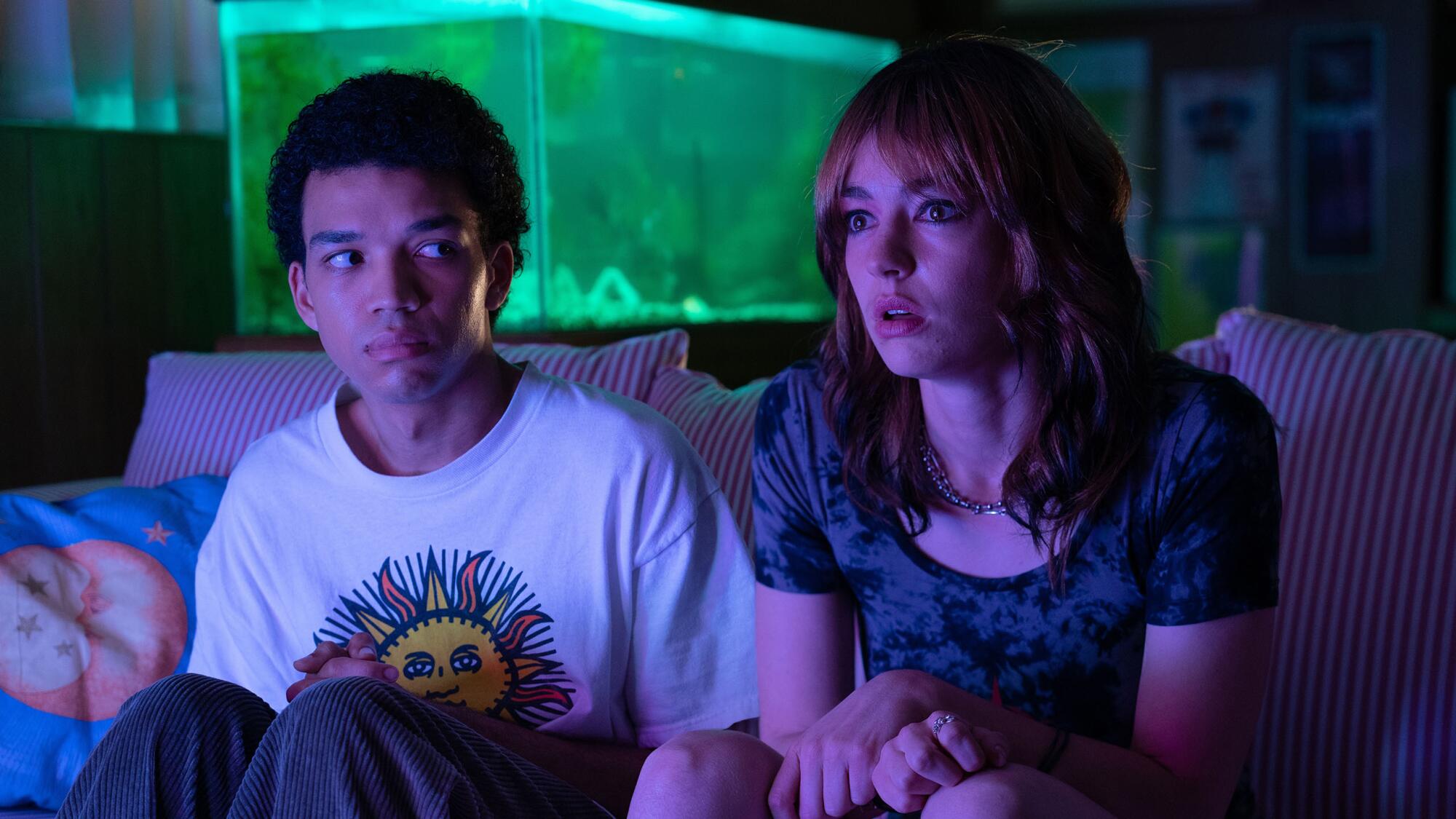
Justice Smith and Brigette Lundy-Paine in the film “I Saw the TV Glow,” the opening night selection of the new festival.
(A24)
“I was going to joke, 'Yeah, if only there was an easier way to find a good place to premiere a movie in Los Angeles than to start your own film festival,'” Winshall said with a self-deprecating laugh. “It's definitely selfish because I'm making independent films and I really want to be able to have a great place to show them in Los Angeles. Historically, it's been a struggle.”
Gottlieb describes his connection with Winshall as a shared sensibility of “many of the same concerns, passions and interests around exhibitions in Los Angeles and film culture in general.” Of “I Saw the TV Glow,” he noted: “It's an independent film that takes big swings and feels very contemporary. So when I approached [the film’s distributor] A24 and then they came to let us release the film locally, I couldn't be more excited about it.”
There's something deliberately ironic about the slight mouthful of the name of the festival itself, the Los Angeles Film Festival. Gottlieb and Winshall wanted viewers to know that, despite its seriousness of purpose, there was still something entertaining at the heart of the festival.
“There are many ways forward in the future if we are able to gain a foothold and prosper,” Winshall said, suggesting there are plans to grow the festival if it becomes an established success. “We just wanted to let people know it would be fun.”
“That's what it comes down to,” Gottlieb said. “As much as we stress curation and context and all that stuff, we still want people to have a good time.”

